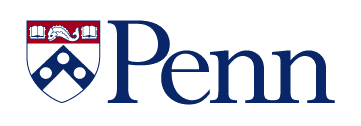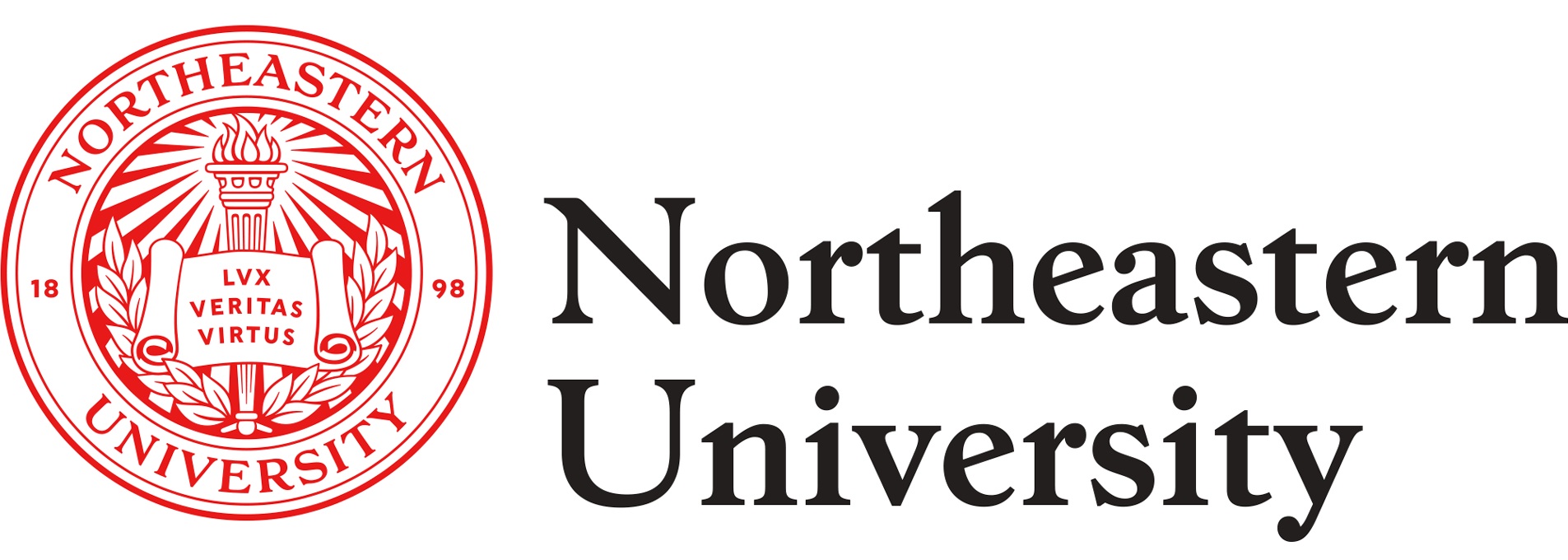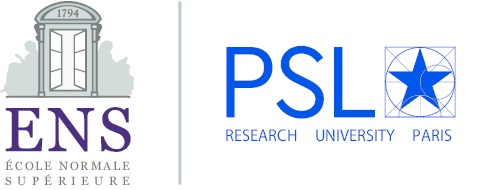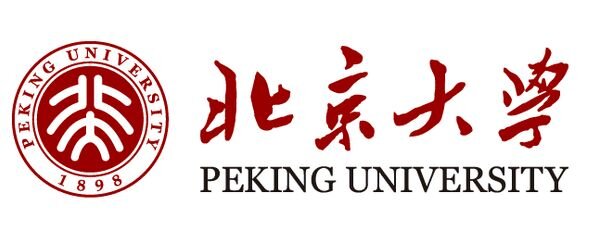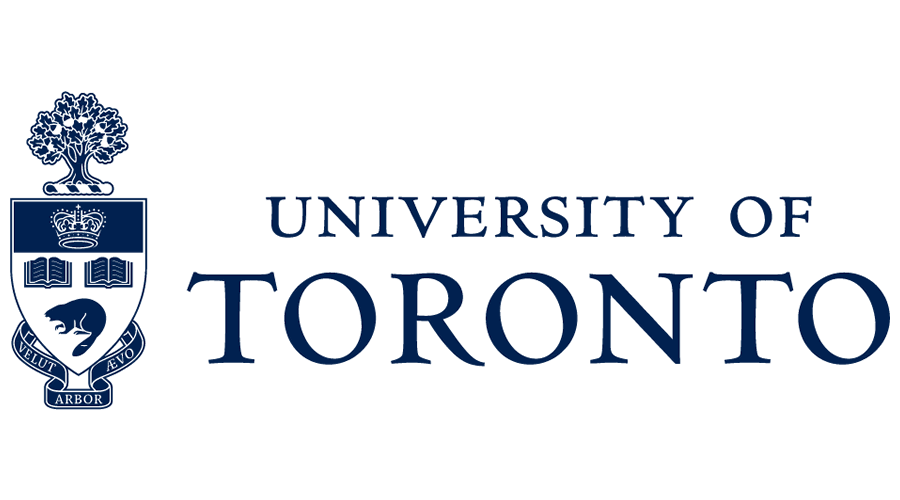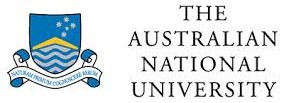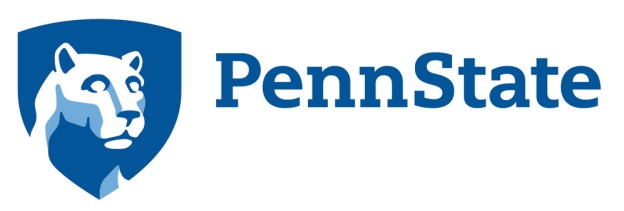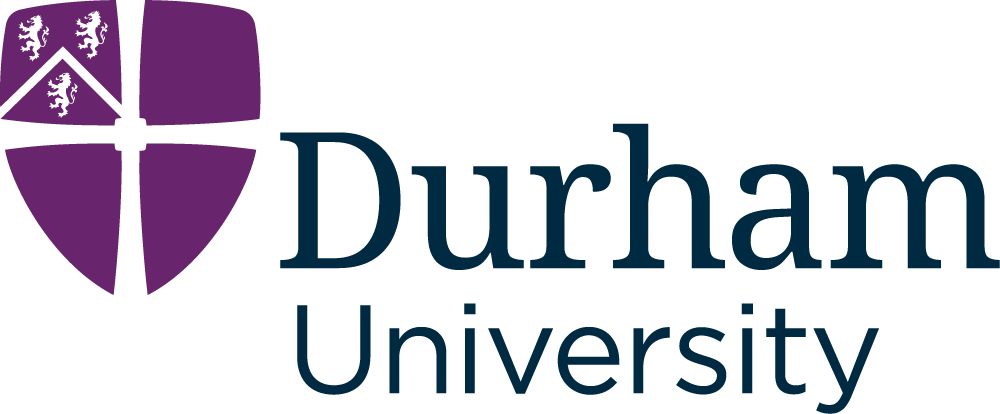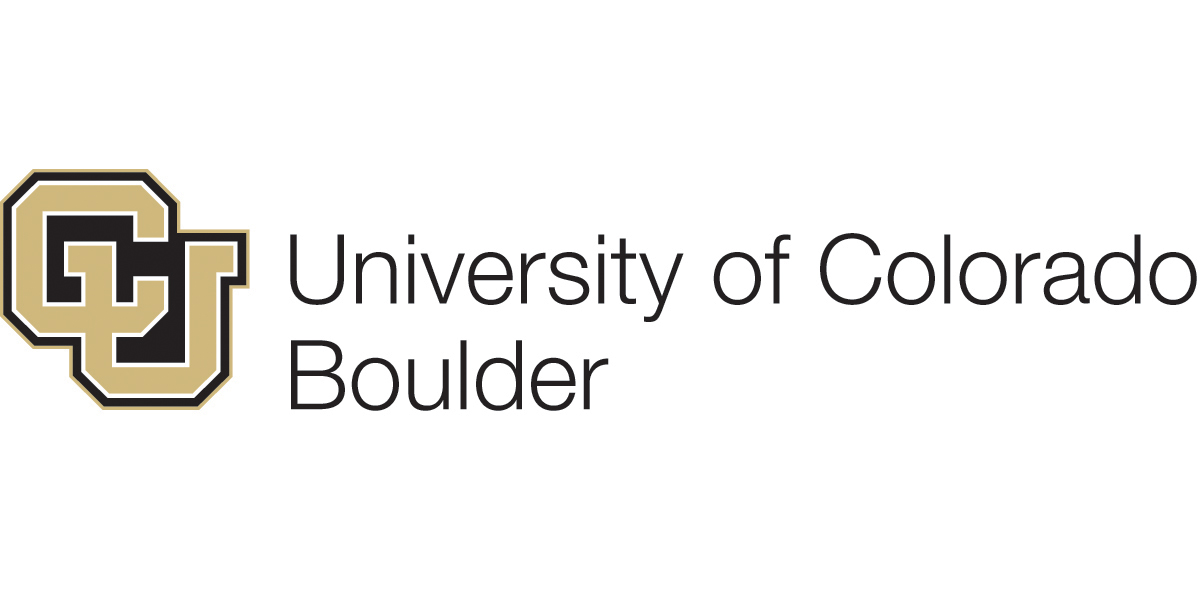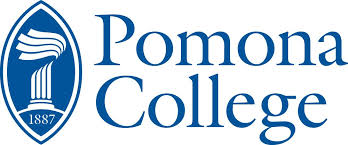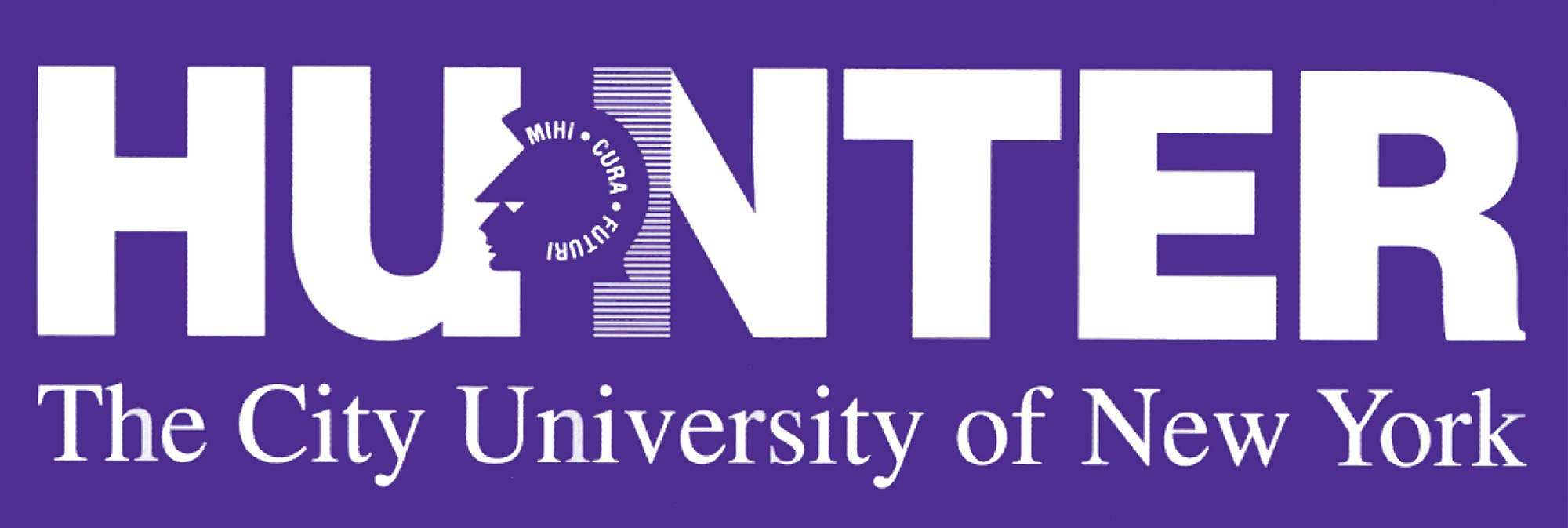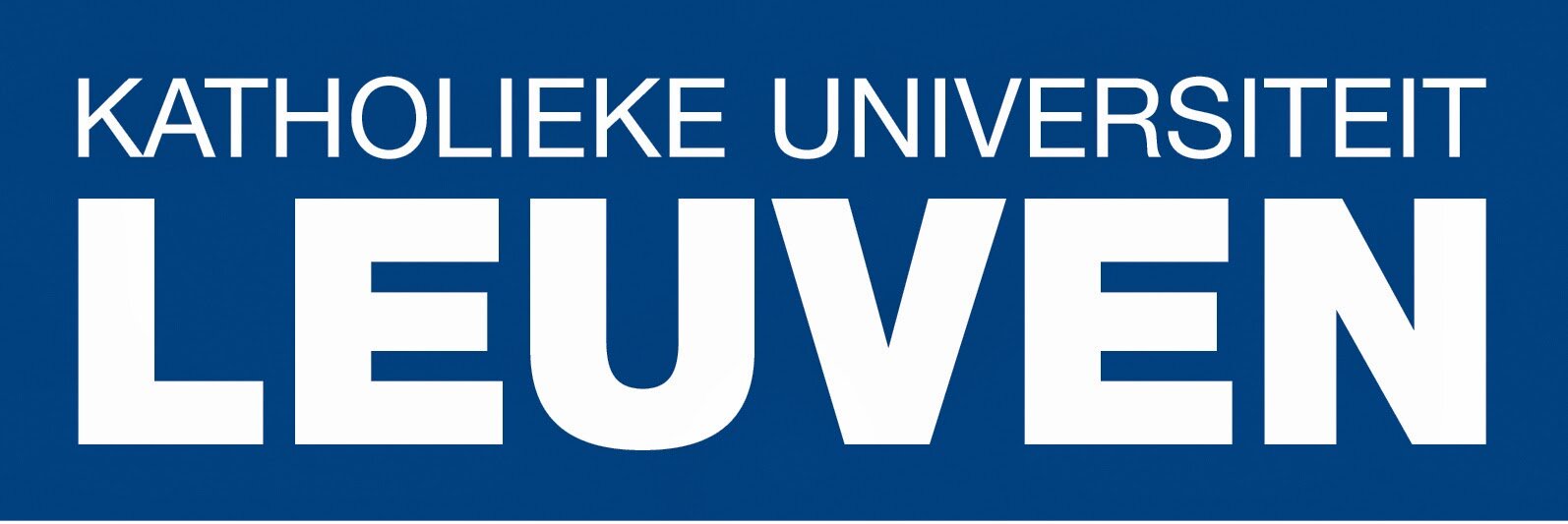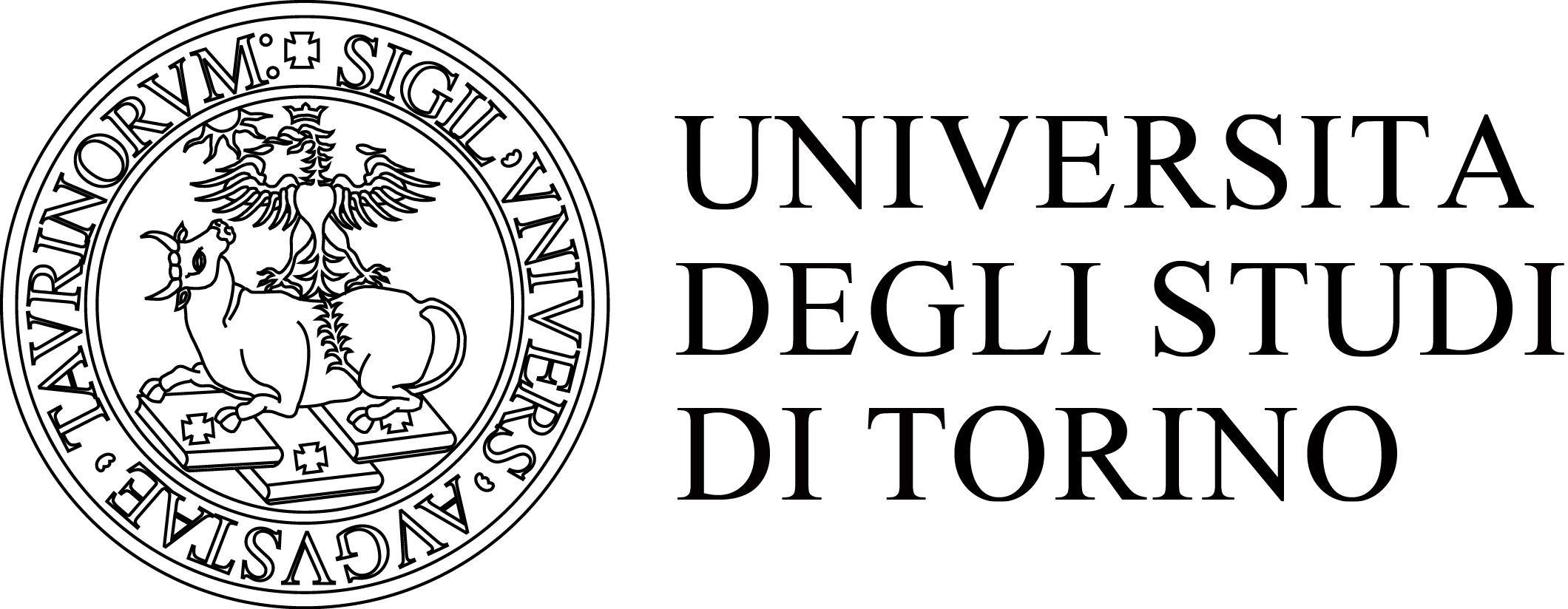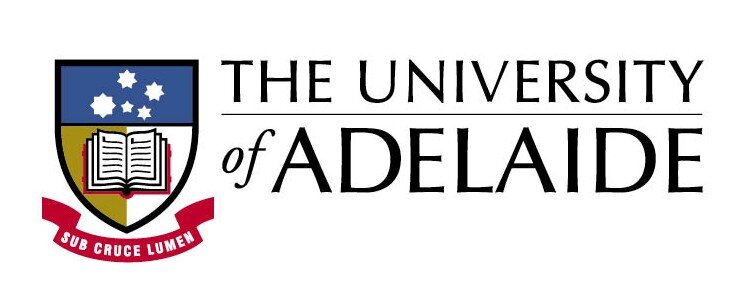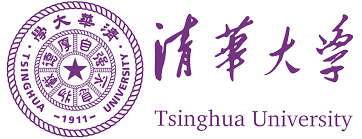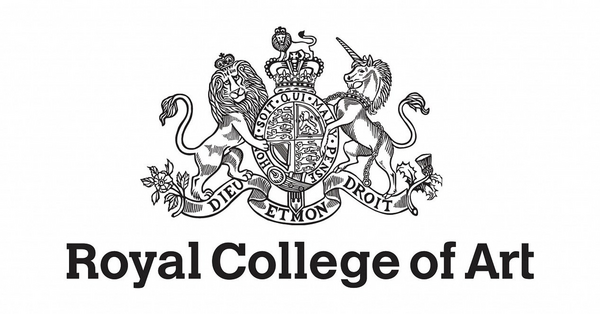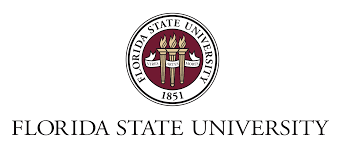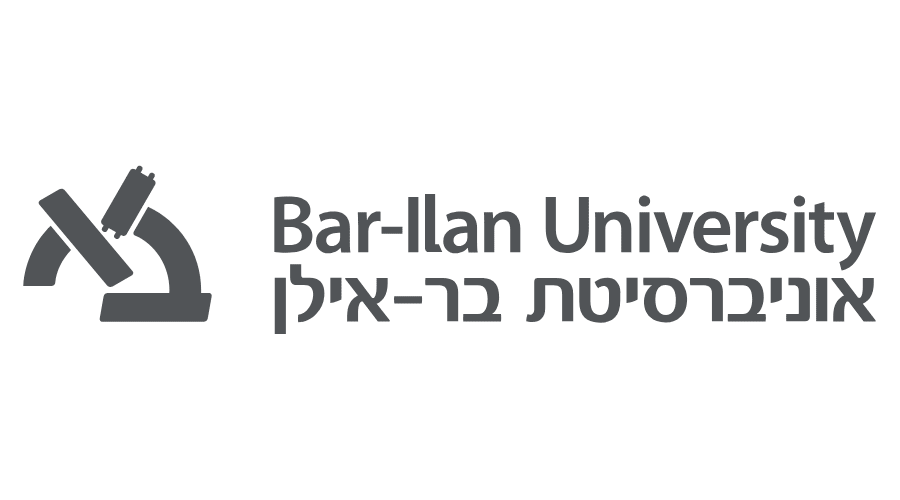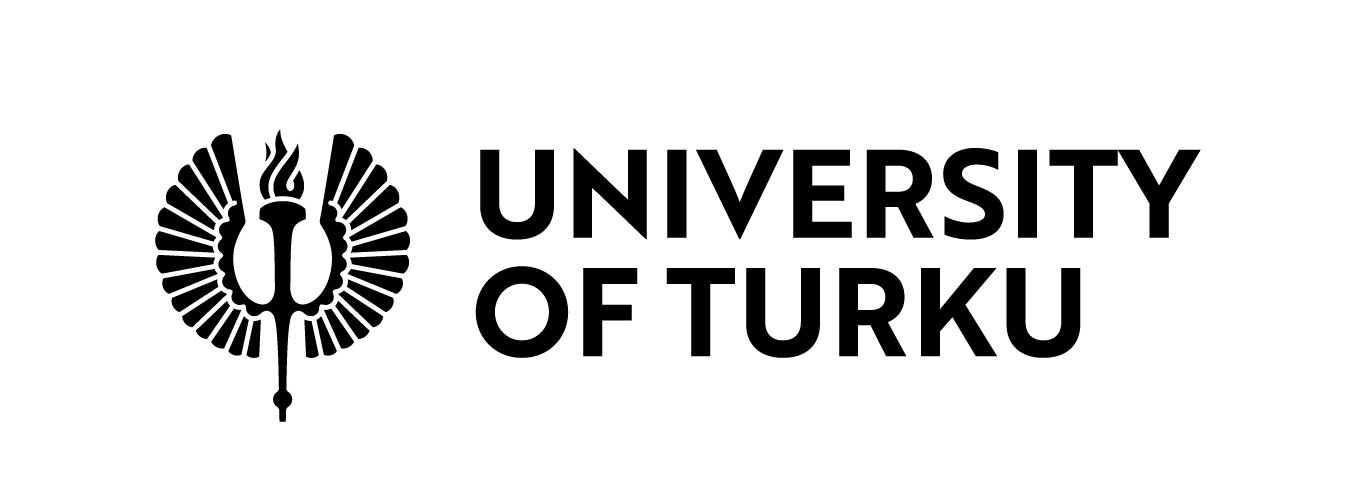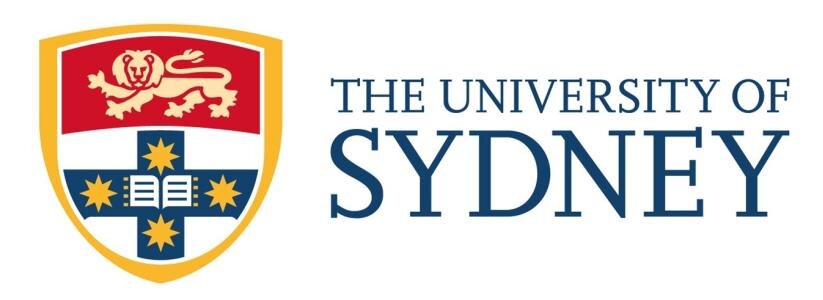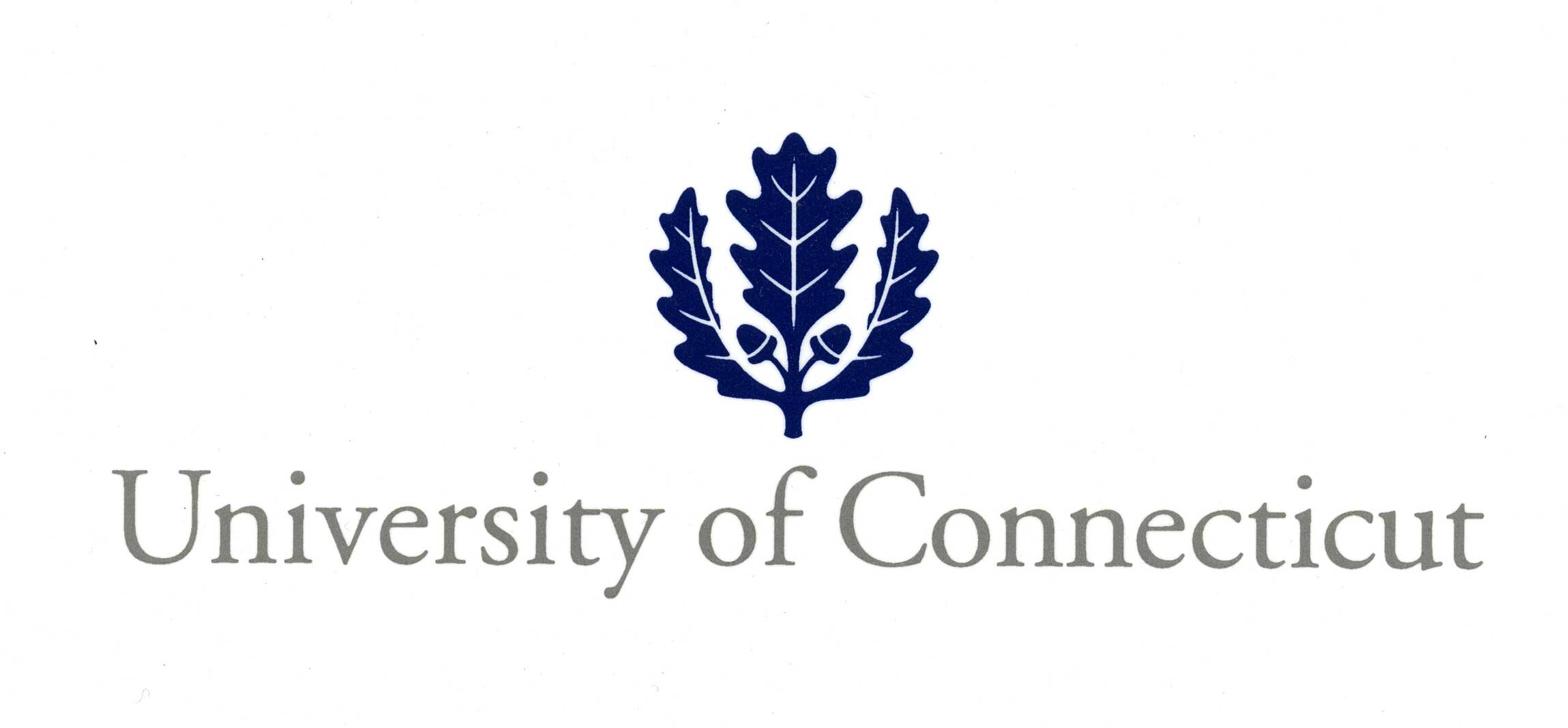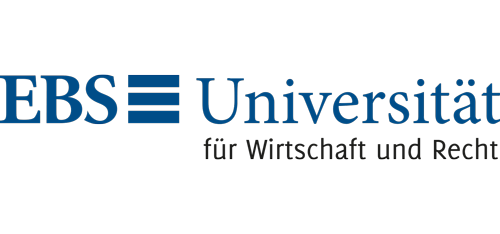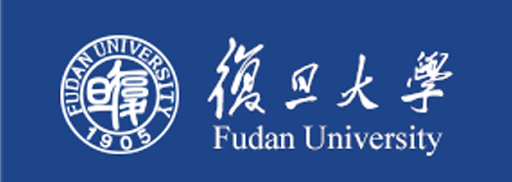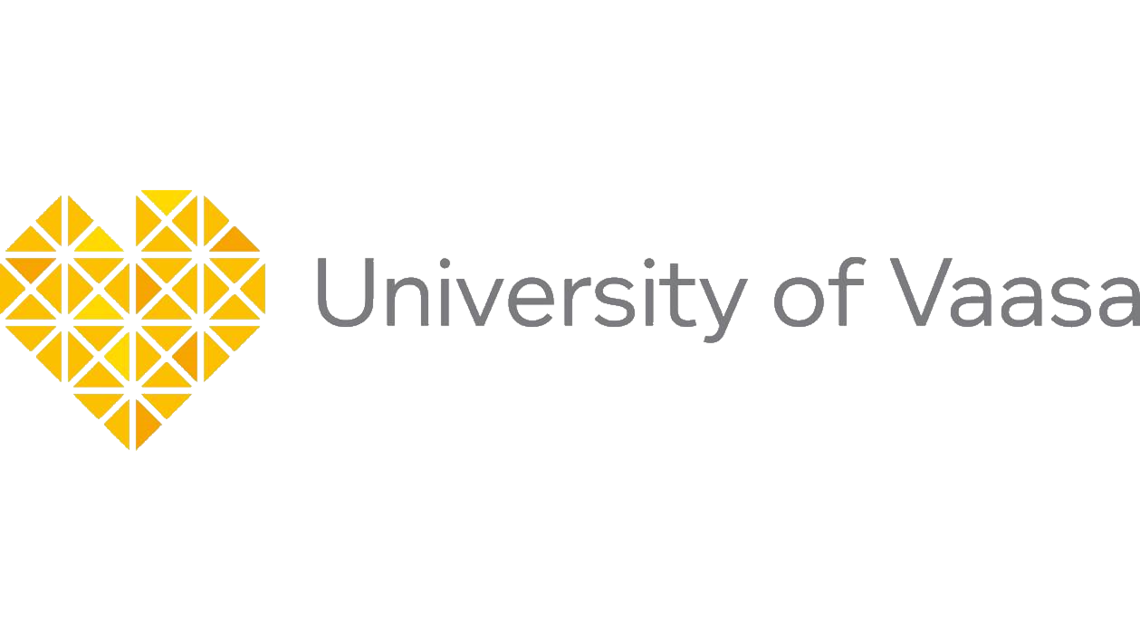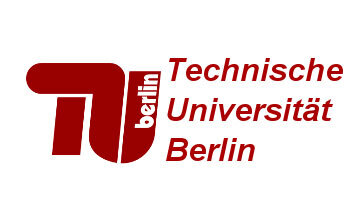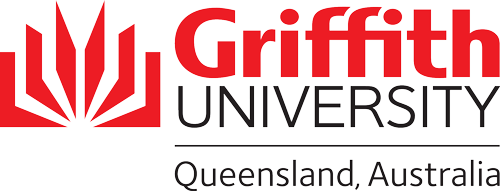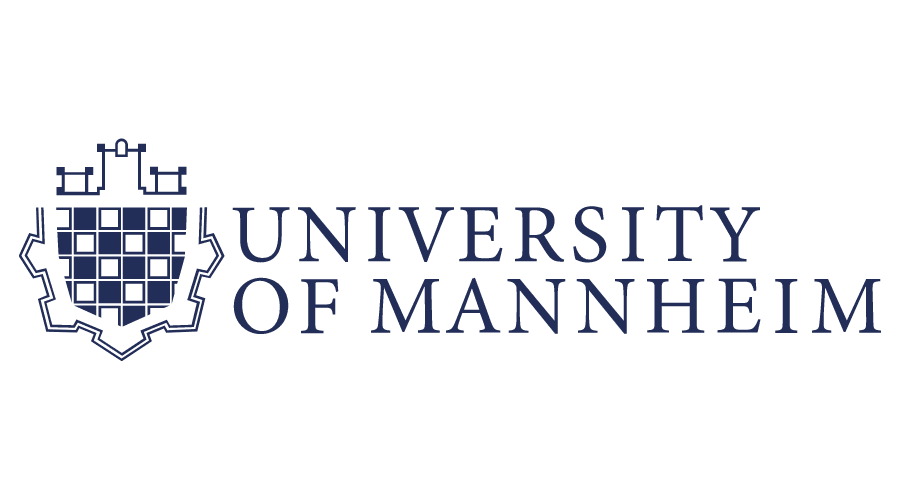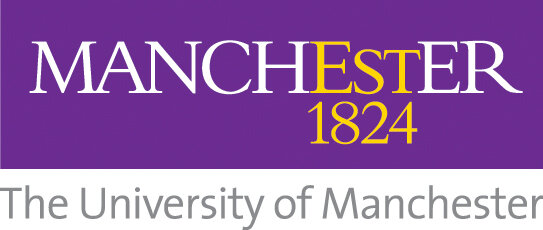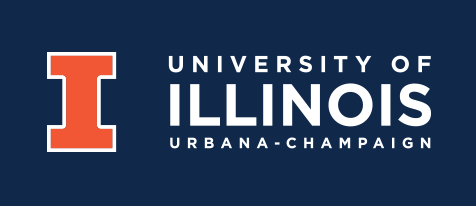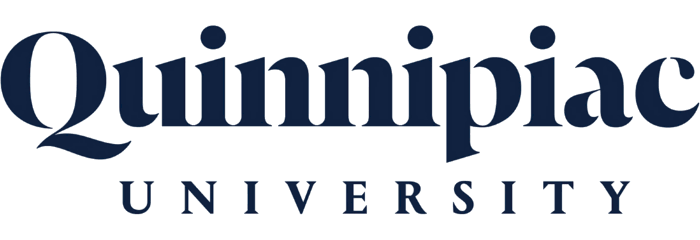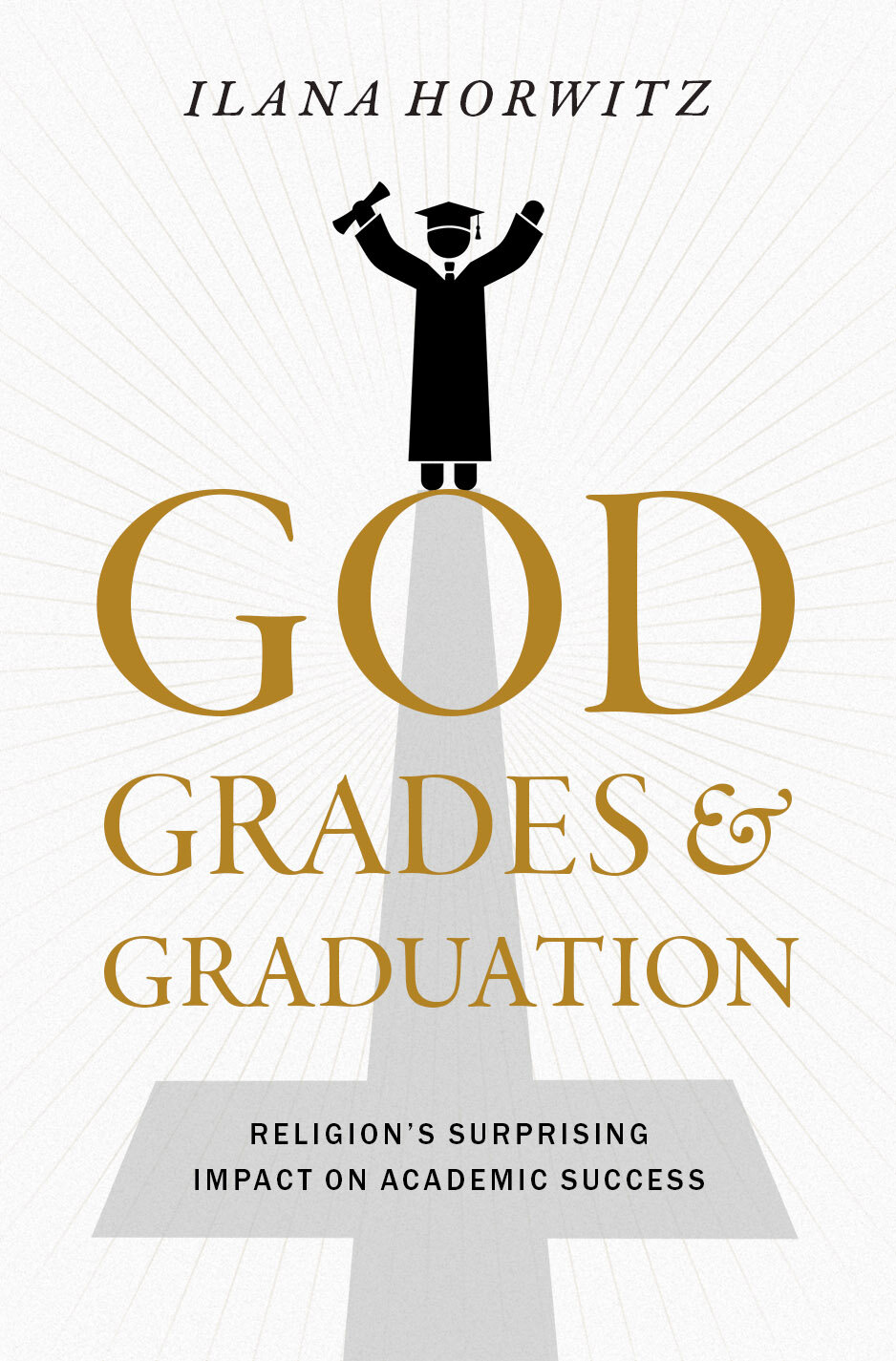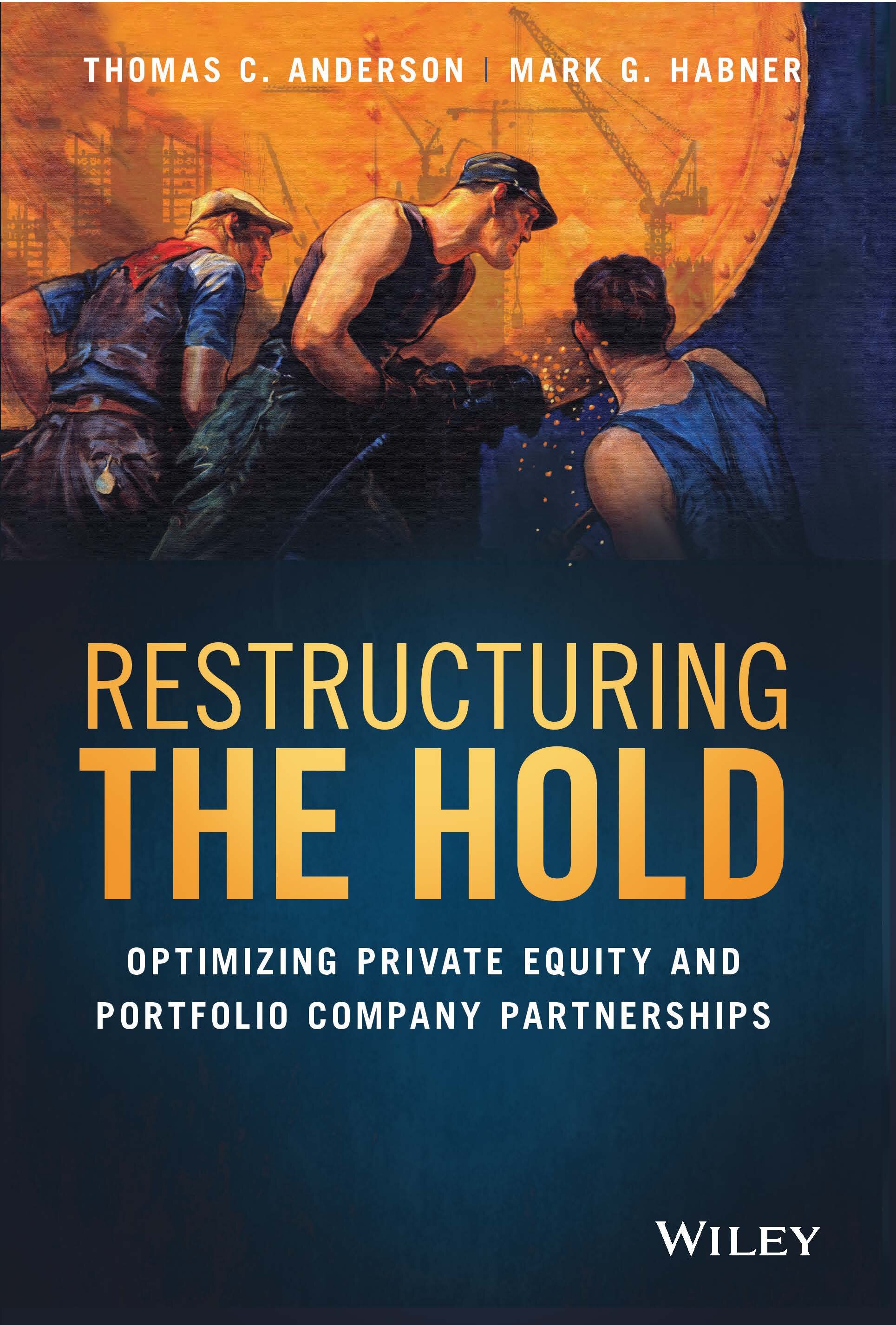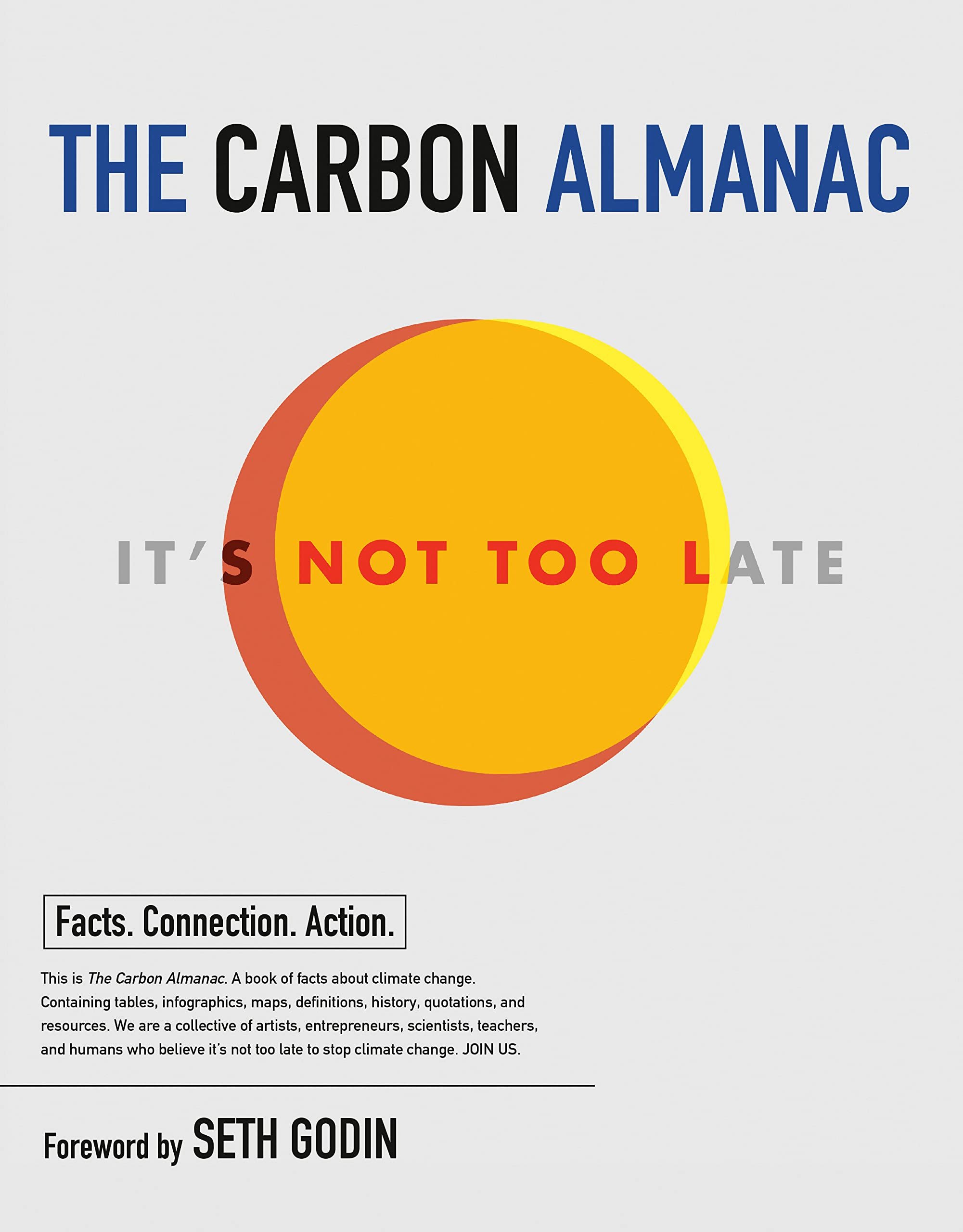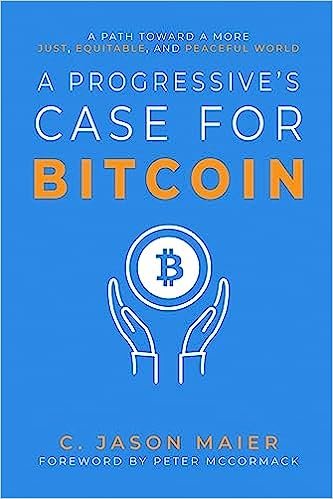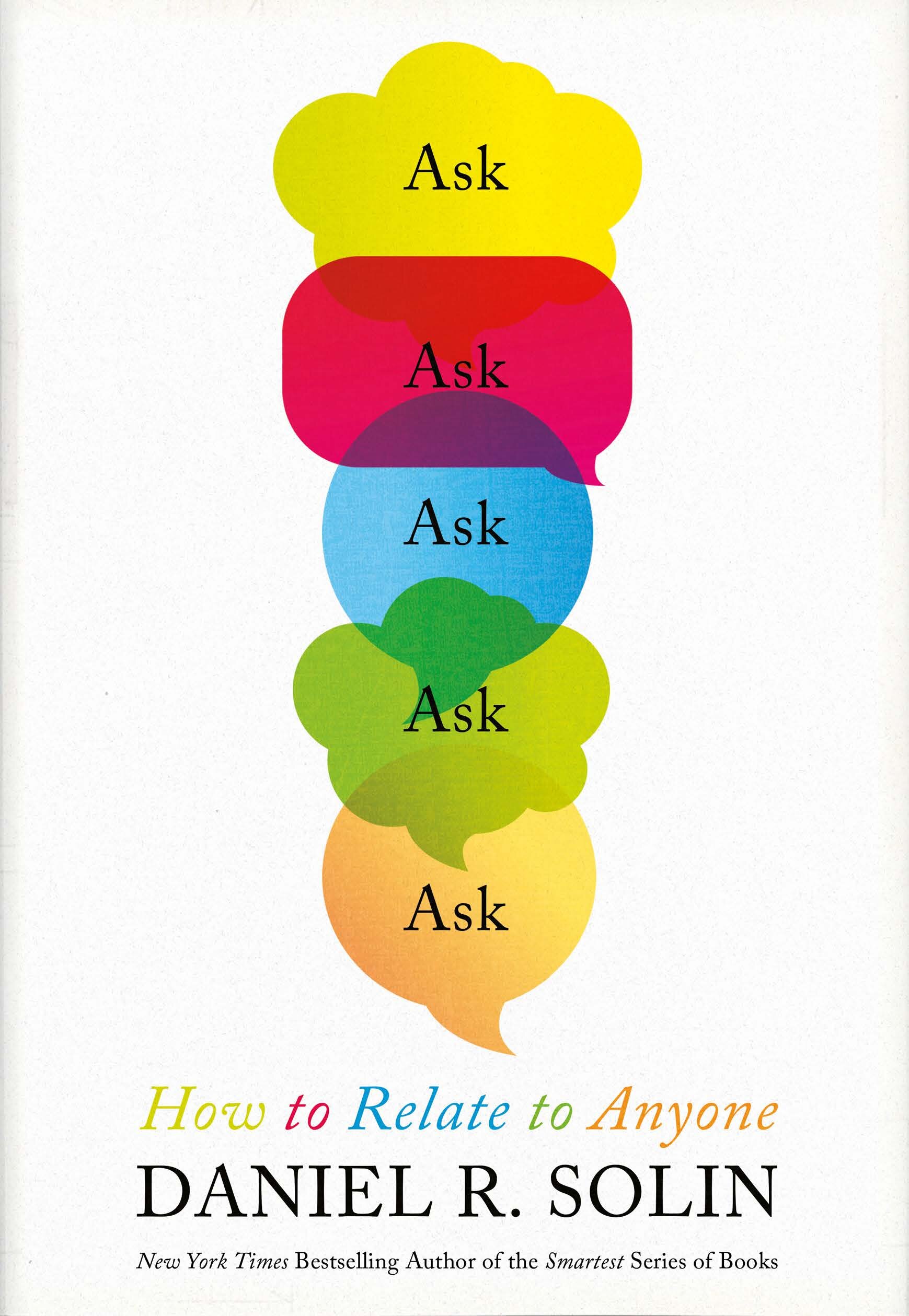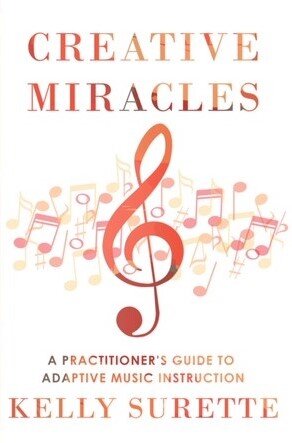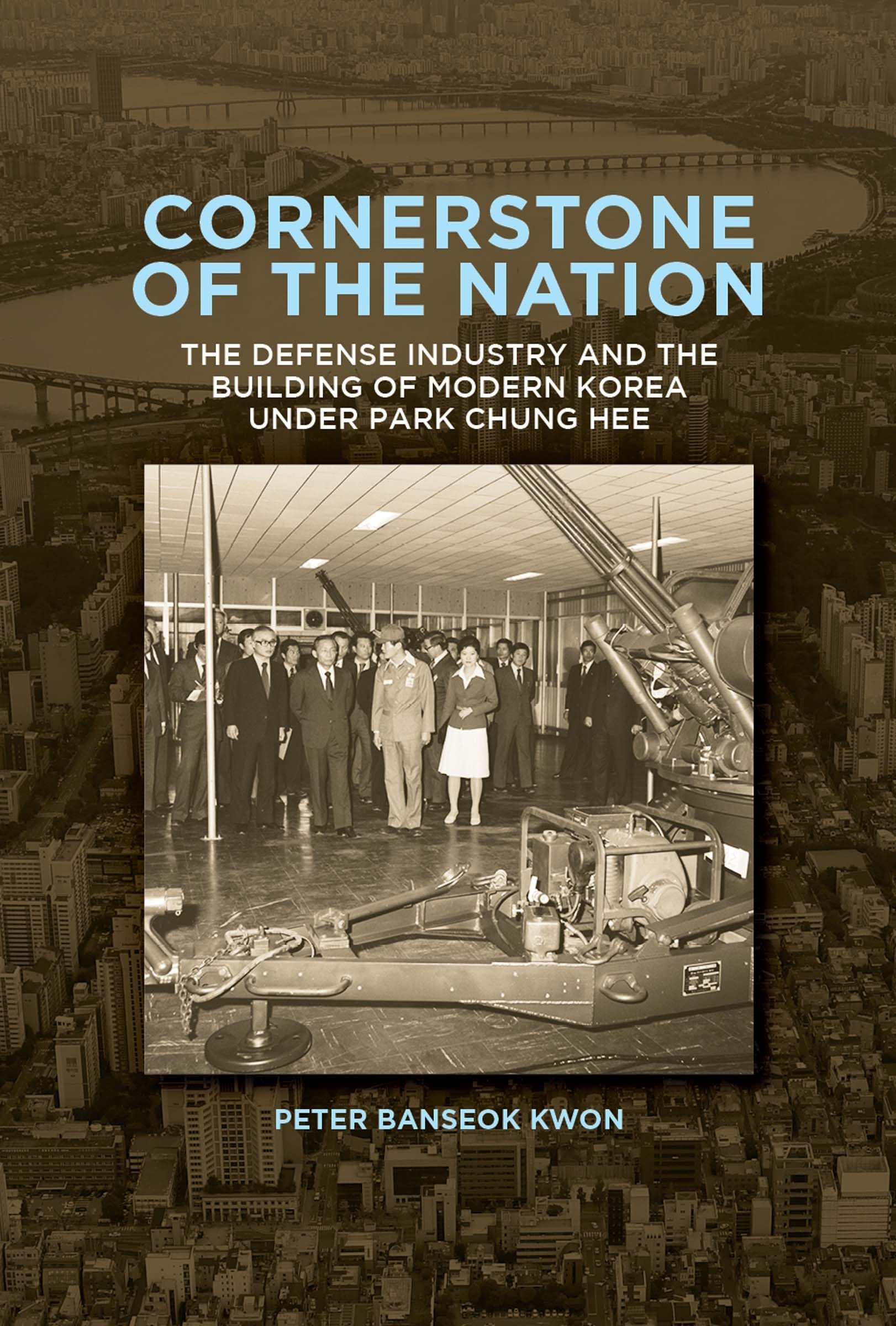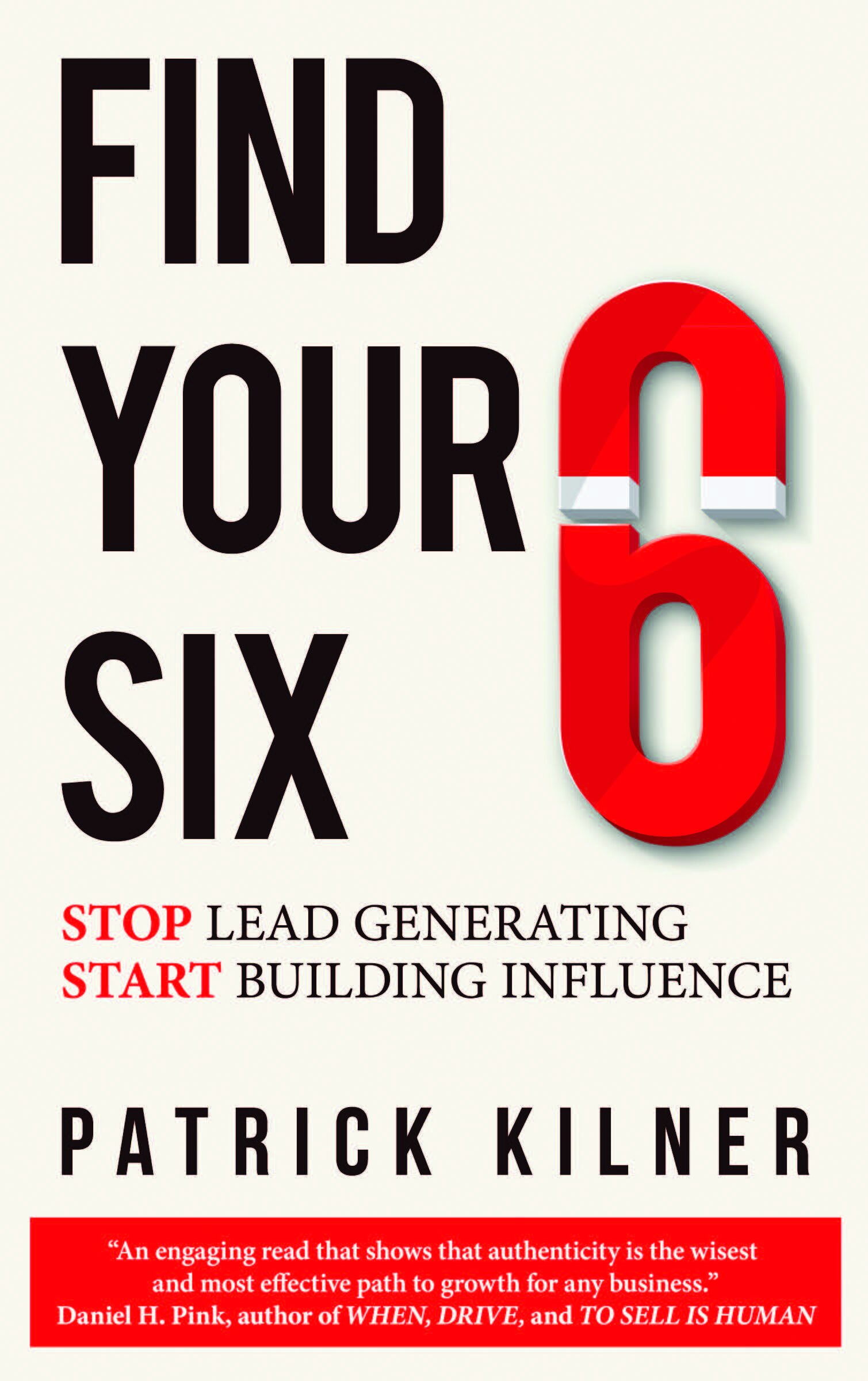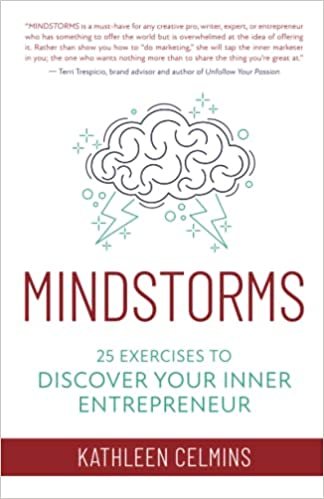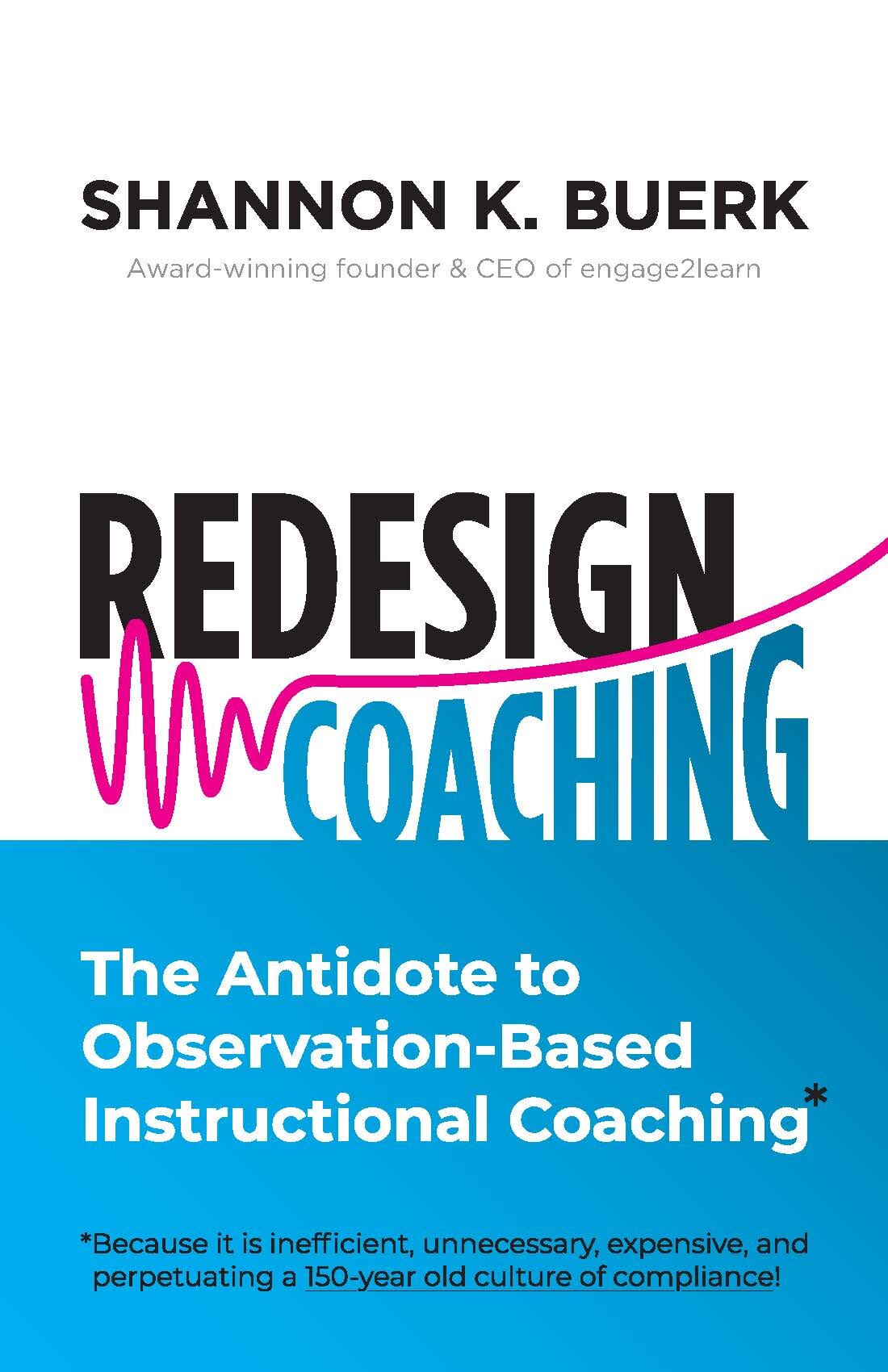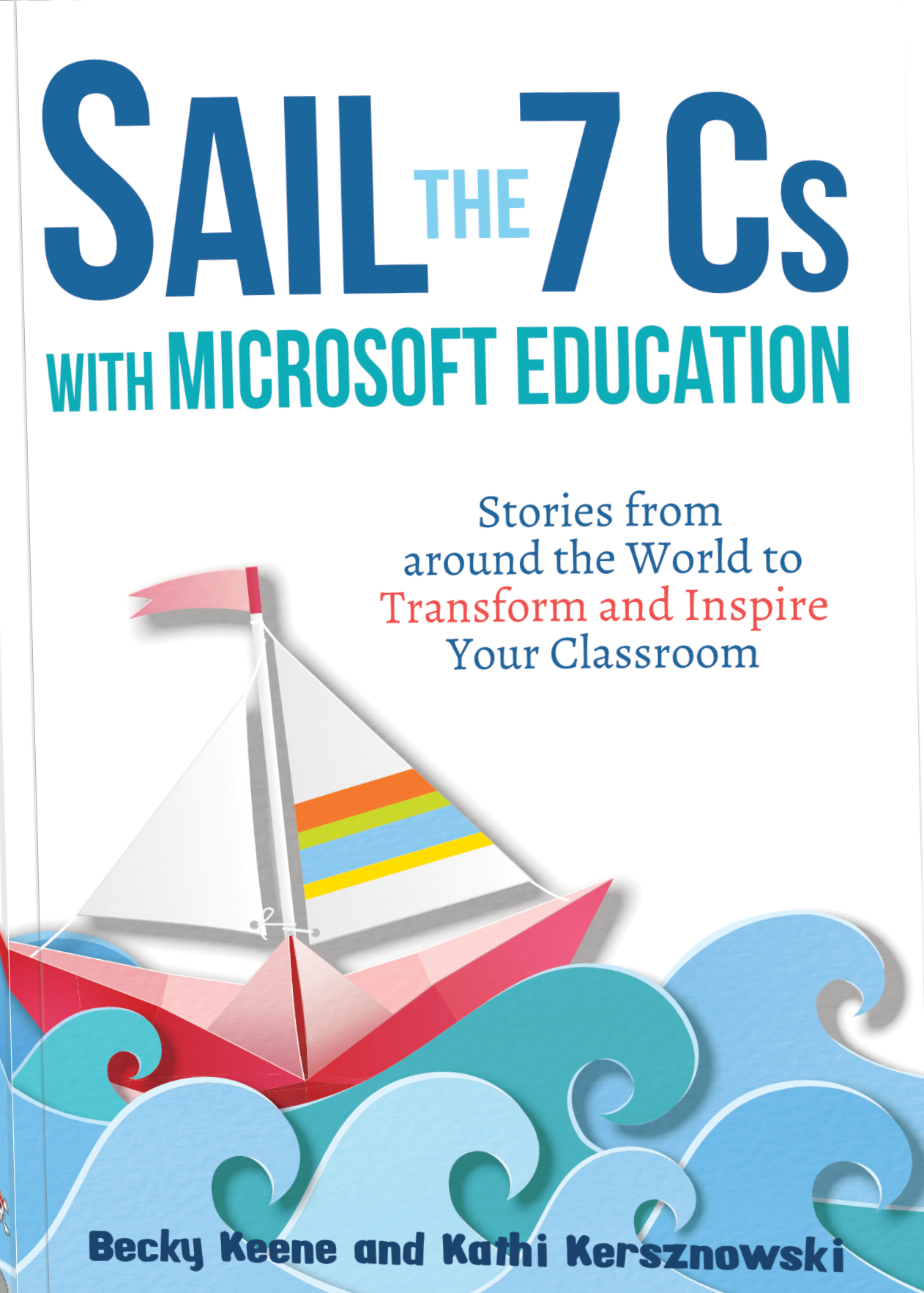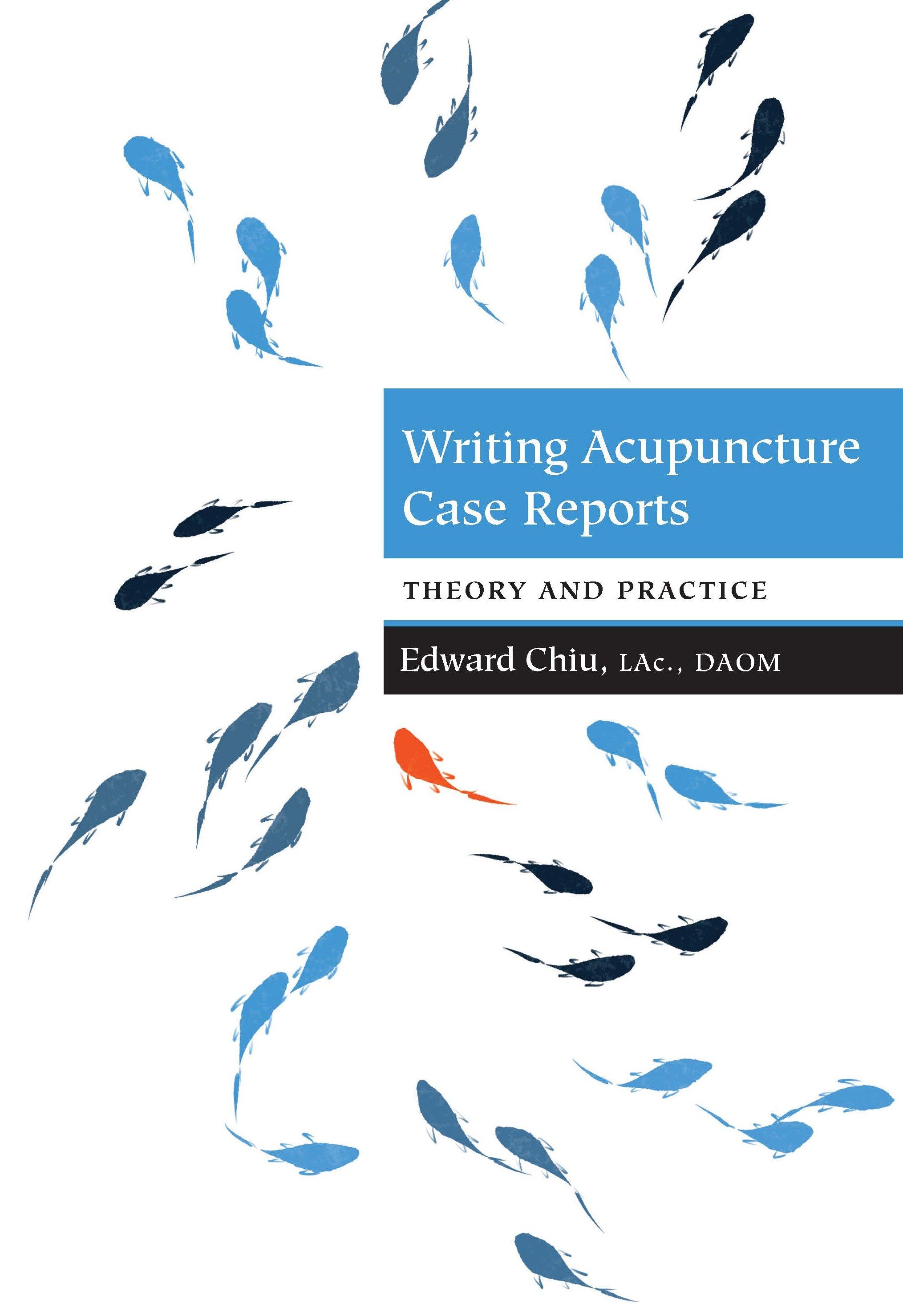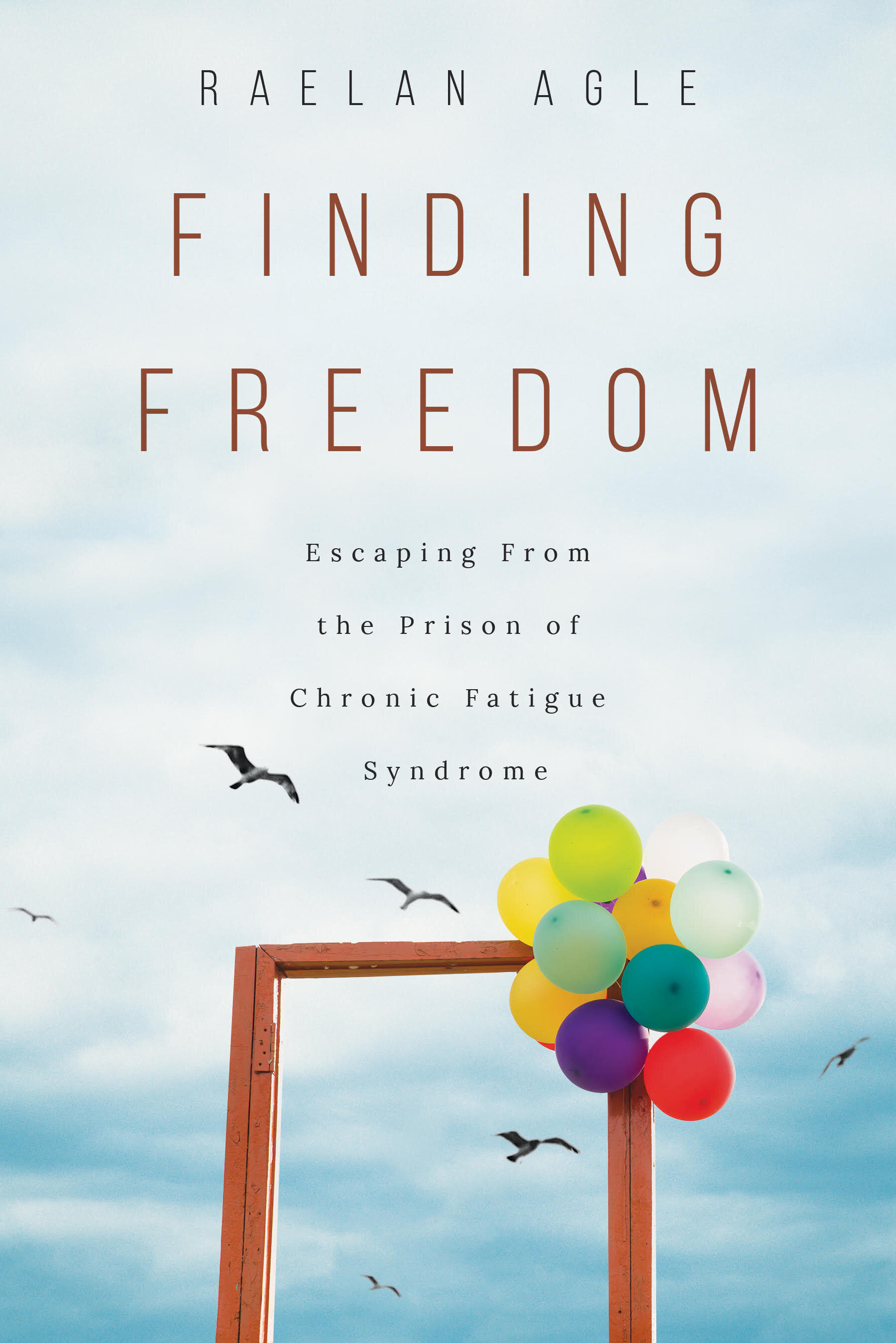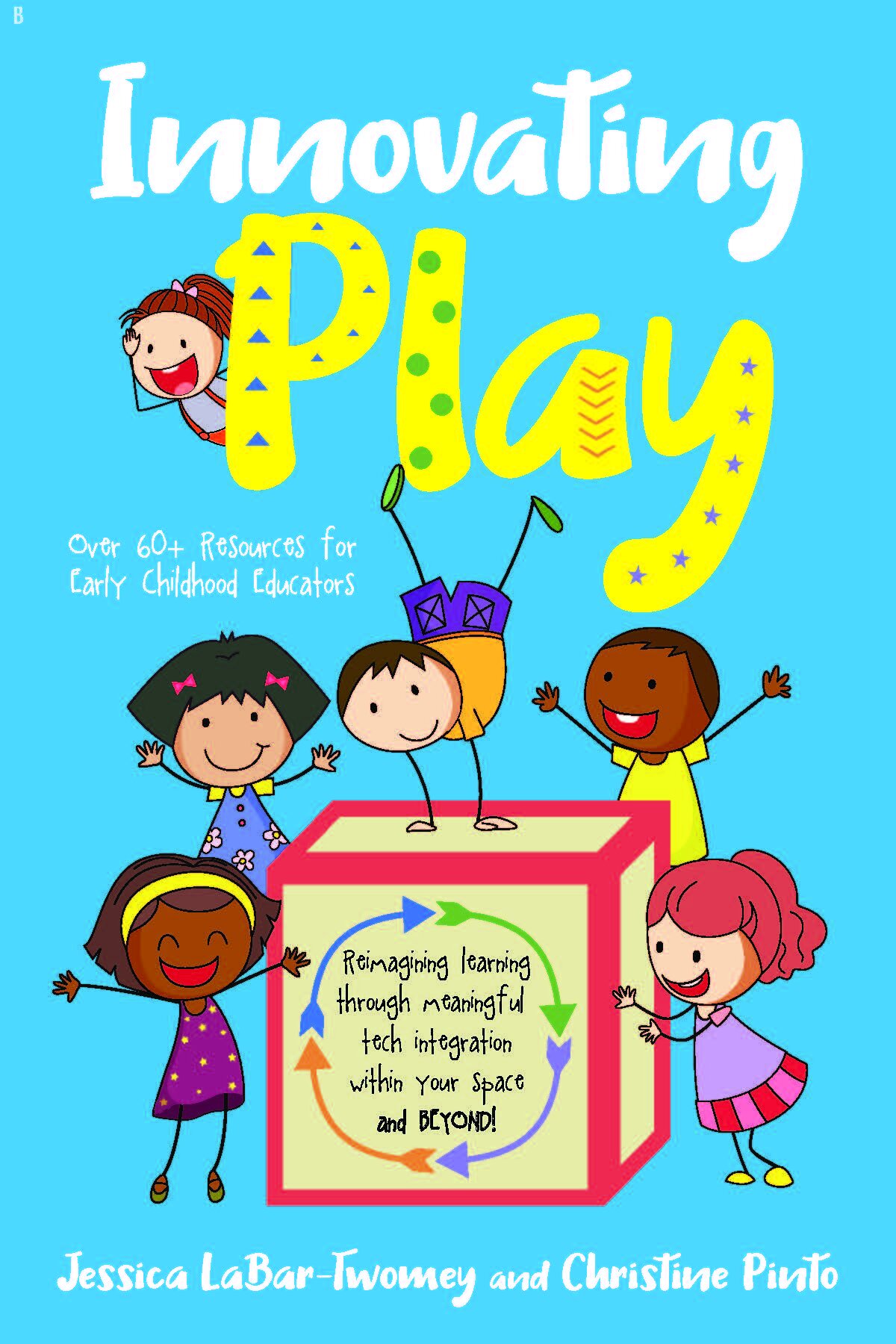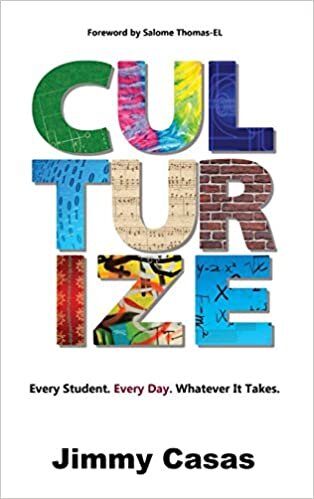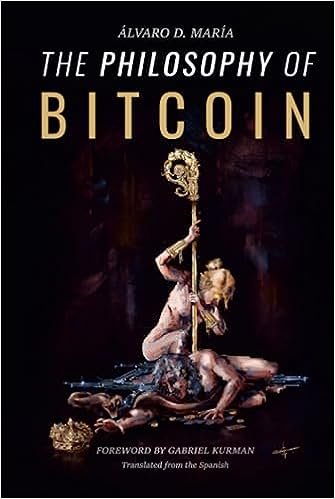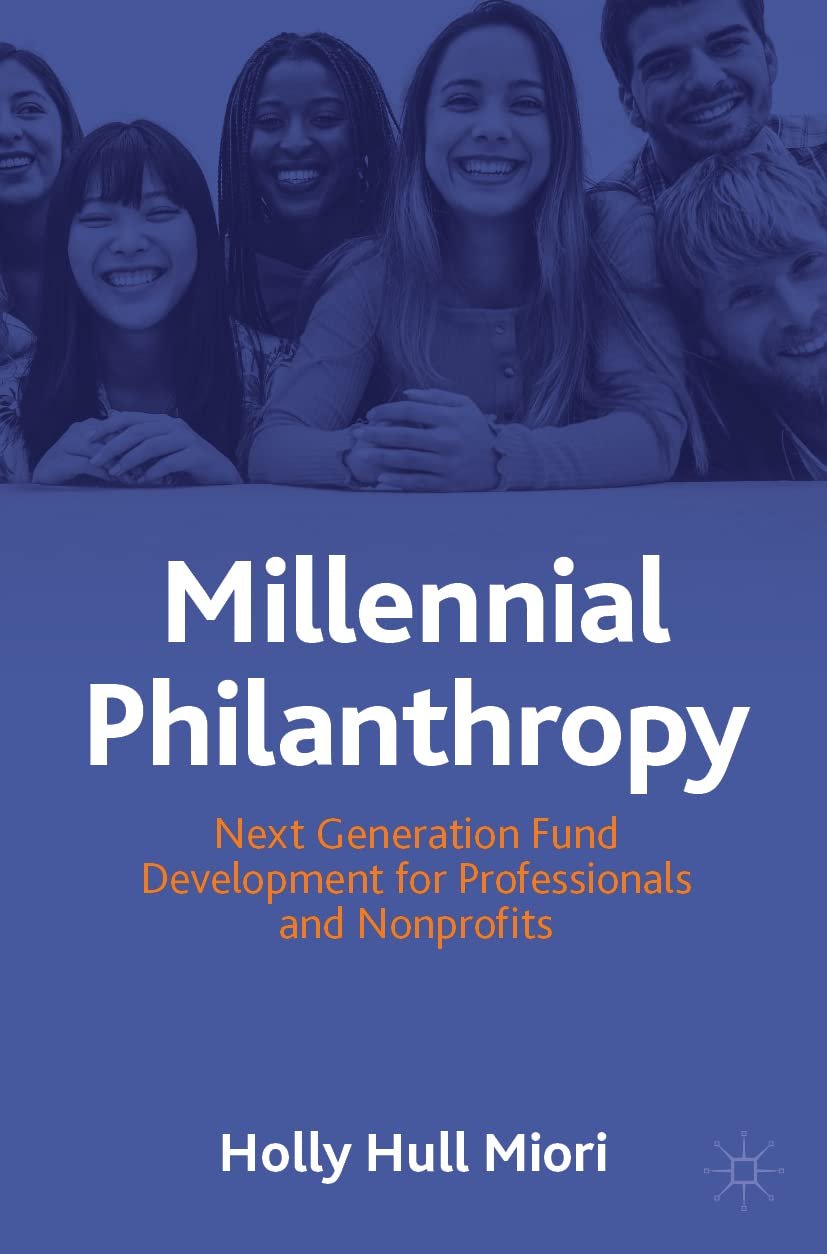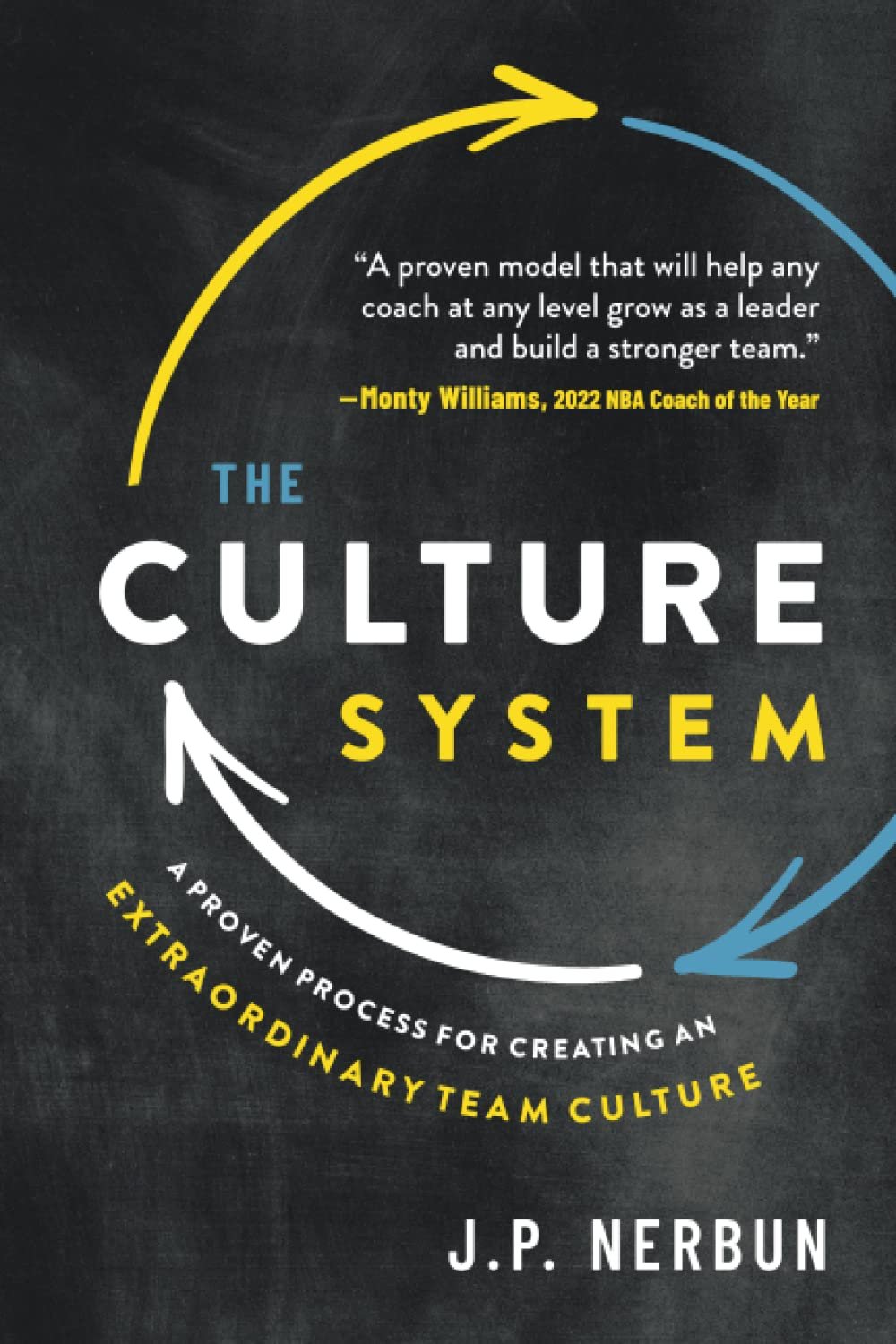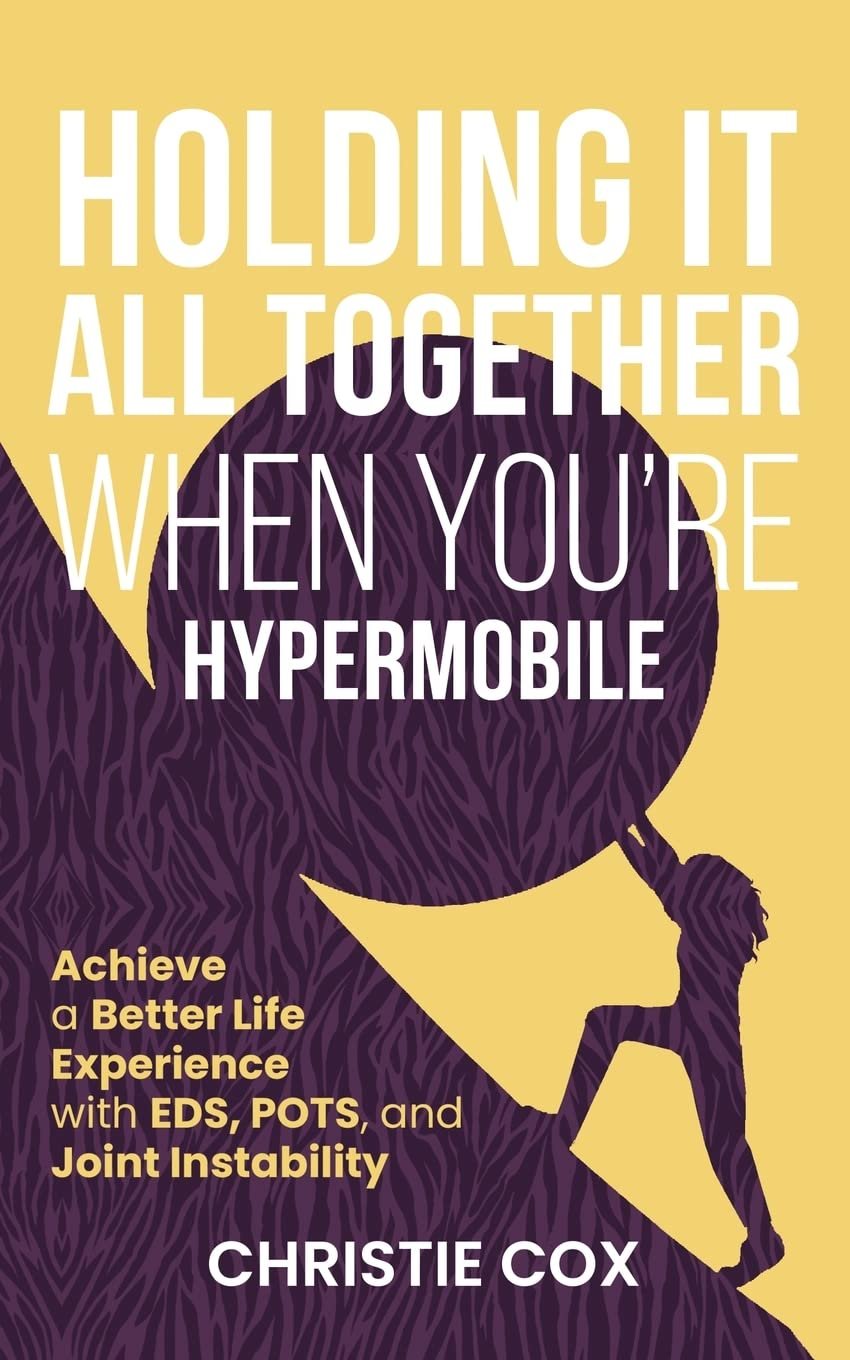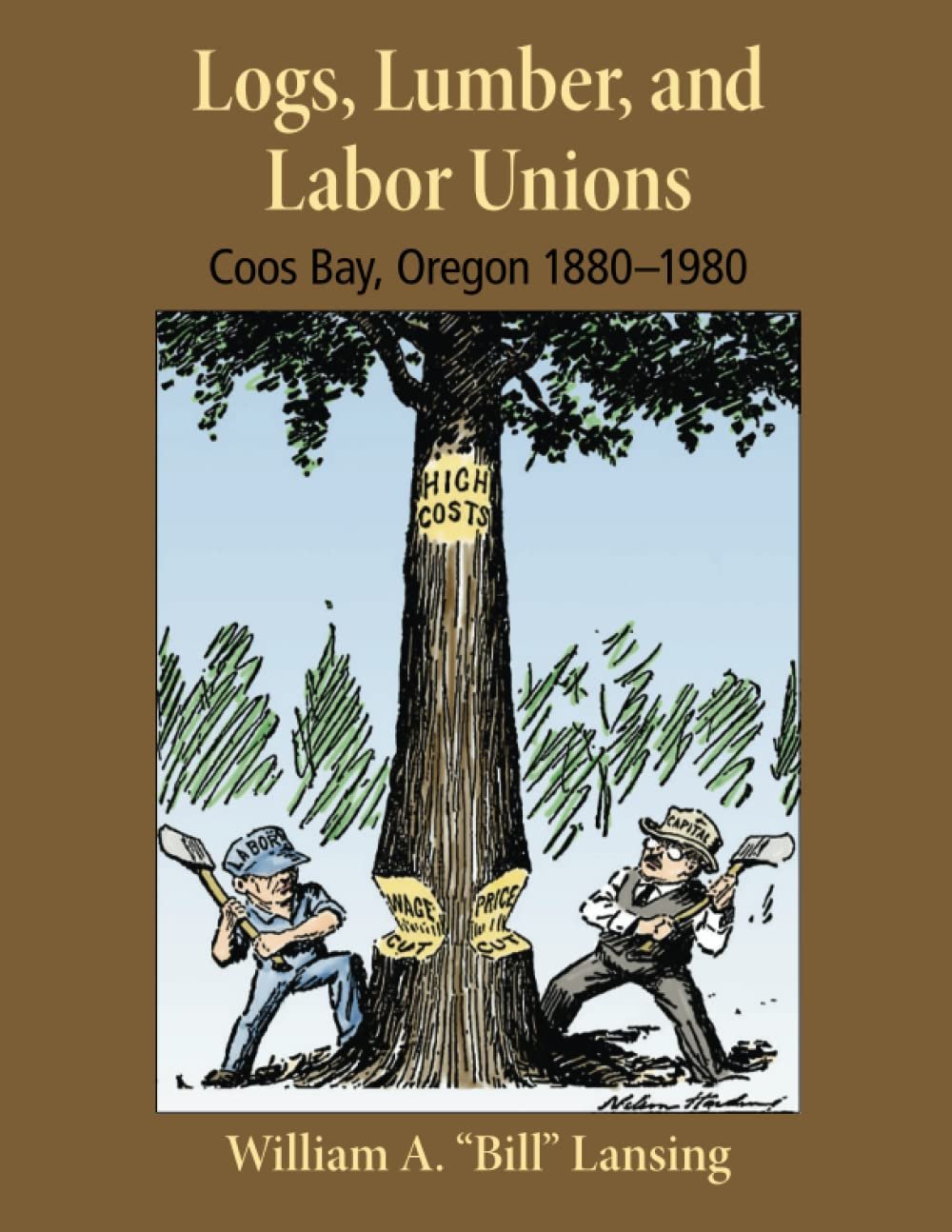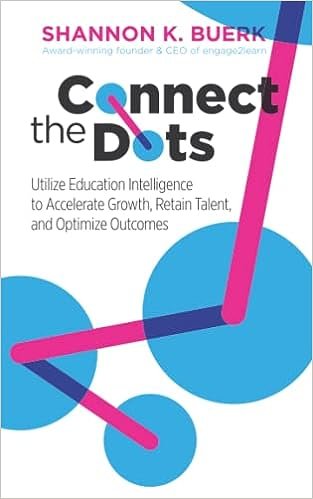Academic Editing: Manuscripts, Dissertations, and Articles
From book-length monographs in the humanities and NIH research grants in the applied sciences to academic articles in the social and natural sciences, I’ve edited and revised every kind of academic writing. I know what journals, publishers, and Ph.D. committees are looking for because I’ve been a managing editor, worked for publishers, and wrote a dissertation myself. Whether you need developmental edits to clarify your organization and thinking, copy edits to clean up your prose, or line editing to spruce up your sentences, I can help you sharpen your writing so you deliver a polished manuscript ready for publication.
Journal Article BEFORE EDITING
Transaction volume and value are both crucial to firms in many industries. In human capital-intensive industries, such as professional services, providers face important challenges. Consumers ultimately desire to transact with trustworthy and high-ability providers. However, expertise differentials between consumers and providers and difficulties monitoring and evaluating performance create heightened potential for agency problems. These information asymmetries may remain unresolved even ex post (Dulleck, Kerschbamer, and Sutter, 2011, Darby and Karmi, 1973; Dulleck and Kerschbamer, 2006), making evaluation of trustworthiness and ability difficult. Reputation is the common way for providers to overcome these challenges, but reputation usually requires several transactions to establish, and the aforementioned ex post information asymmetries make signals from reputation or other available proxies noisy. In such cases, scholars have found that consumers increasingly turn to social capital to choose transacting partners (Greif, 1993; DiMaggio and Louch, 1998; Elfenbein and Zenger, 2013; Hoetker, 2005; Yenkey, 2018; Gubler, 2019), as it reduces concerns from agency problems (Adler and Kwon, 2002; Coleman 1990; Portes, 1998). While strategic theory thus shows that social capital influences the selection process in favor of socially-connected partners (i.e. increases volume), it remains unclear how it affects the types of transactions providers engage in (value), how reputation is created thereby, and how this phenomenon influences provider career paths.
Journal Article AFTER EDITING
Transaction volume and value are both crucial to performance in many industries. In human capital-intensive fields such as professional services, providers face challenges increasing transaction volume and value. Consumers ultimately desire to engage with trustworthy and high-ability providers, yet differentials in expertise between consumers and providers as well as difficulties monitoring and evaluating provider performance create the potential for agency problems. These information asymmetries may even persist after the fact, making evaluation of these factors difficult (Darby and Karmi, 1973; Dulleck and Kerschbamer, 2006; Dulleck, Kerschbamer, and Sutter, 2011).
Reputation is the most common way for providers to overcome these challenges, but usually requires several transactions to establish, while the information asymmetries make signals from reputation (or other available proxies) noisy. In such cases, scholars have found that consumers increasingly rely on social capital to choose transacting partners (DiMaggio and Louch, 1998; Elfenbein and Zenger, 2013; Greif, 1993; Gubler, 2019; Hoetker, 2005; Yenkey, 2018), as it reduces concerns about agency (Adler and Kwon, 2002; Coleman 1990; Portes, 1998). While strategic theory shows that social capital influences the selection process in favor of socially-connected partners (i.e., increases volume), it remains unclear how it affects value. A closer investigation of the types of transactions providers engage in—and how reputation is thereby created and influences provider career paths—is called for.
“Olson helped me see my own thinking more clearly and gave me just the right amount of encouragement behind his helpful edits and practical advice. I don’t think I would have completed my dissertation in half the time it took without his expertise and experience.”
Non-Fiction: Business, Memoir, and Advice
From business books about private equity to self-help books on personal relationships, I’ve helped authors articulate their thoughts on every imaginable topic and ready them for publication in manuscript form or forums like Forbes, Slate, and the New York Times. If you need help with organizing the flow of your ideas or just need a second set of eyes on your sentences, you’ve come to the right place.
Non-Fiction Sample before revisions
How did I get here? Over twenty years ago, after 26 years of formal education, I realized that I had never been taught about money. I knew history, science, math and how to fix a knee, but nobody had ever taught me how to become wealthy, so I looked elsewhere. I began educating myself outside the realm of medicine and learned about passive income, or what is one of my favorite terms, “mailbox money.” I went to seminars, read hundreds of books and found great people who acted as mentors. But most importantly, I acted! I didn’t wait until I had all the answers. I dove into the game as soon as I saw an opening. I knew that simply trading my time for money would not take me to where I wanted to go. If I did that, I would just be a “poor doctor” with money. I wanted to be a rich doctor and have choices.
That should make me special, right? Hardly. If I was special, I would have been vastly more successful, and would have found my freedom much earlier. I was plagued by ego and some of the same fears many of you might be experiencing. Luckily, the financial education I received gave me the tools to fight those fears and keep moving forward. All I did was follow some simple steps and I never quit. I made boatloads of mistakes, but slowly the victories outweighed the mistakes and I started winning the game.
Non-Fiction sample after revisions
How did I get here? Two decades ago it dawned on me that despite 26 years of formal education, I had never been taught about money. I had studied history, could add and subtract large sums, and learned all there was to know about rebuilding a knee, but nobody had ever taught me how to become wealthy. So I began the arduous process of educating myself. There were false starts, dead ends, and some truly reckless ideas. I ran across (but thankfully was never tempted by) plenty of get-rich-quick schemes and encountered some sage advice for preserving your wealth—if you were already a millionaire.
But through the haze of competing and even conflicting financial plans, I began to see a path forward toward the life I envisioned. I knew that simply trading my time for money would not take me to where I wanted to go. If I did that, I would just be a “poor doctor” with money; I wanted to be a “rich doctor” with choices.
And that’s when I fixed my sights on what’s known as passive income (or what I like to call “mailbox money”). I went to seminars, read literally hundreds of books, and found great people who were willing to serve as mentors. But the most important action I took was to act. I didn’t wait until I had all the answers. I dove into the game as soon as I saw an opening.
Does that make me special? Hardly. If I was truly special, I would have been vastly more successful because I would have found my freedom much earlier. Early in my career I was plagued by my ego and associated working hard with being successful. It took a while to learn to value my time, and even longer to overcome some of the same fears many of you might be experiencing. Luckily, the financial education I received gave me the tools to fight those fears and keep moving forward toward the life I wanted. All I did was follow some simple steps and never quit. Rest assured, I made my fair share of mistakes, but slowly the victories accumulated, and I started winning the game.
“You didn’t just catch my typos and grammatical errors—you showed me how I could better organize my paragraphs and streamline my sentences, and in the process of editing my book taught me how to be a better writer. ”













